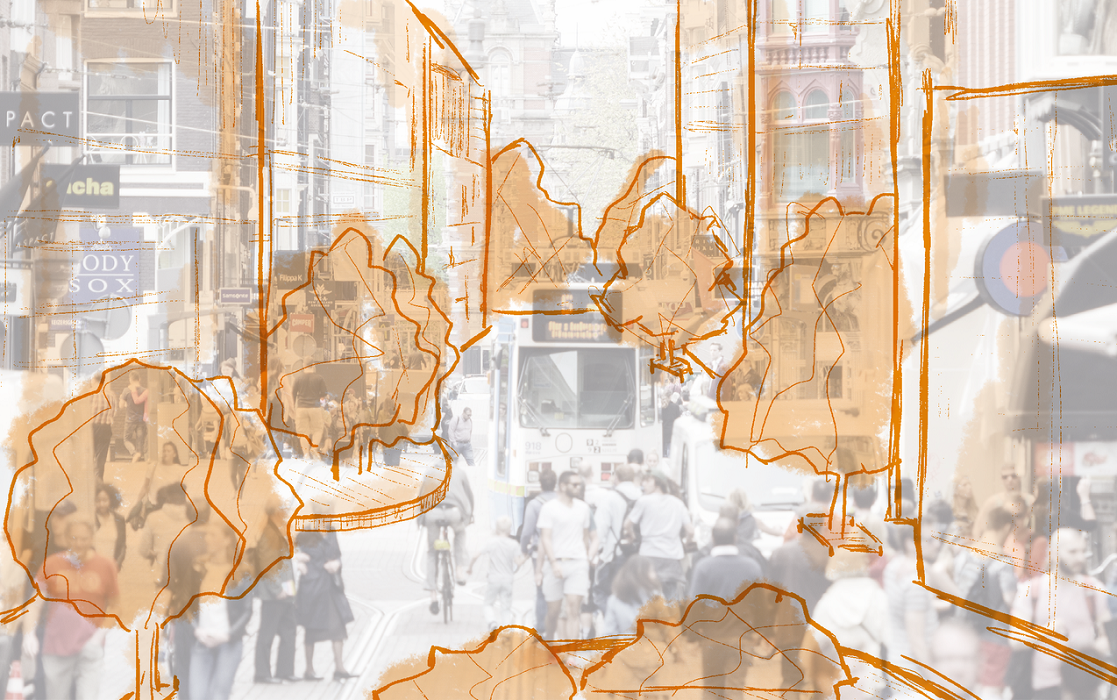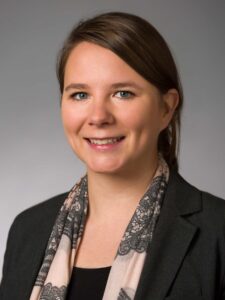acatech series “Reaching success”: local governance is key

Munich, 15 June 2023
The definition of liveable urban areas is the ability to get places we need to go every day and reduced traffic – for this reason, city and local planners must take an integrated approach to mobility and spatial planning. The problem is not lack of knowledge, but the implementation process itself. The newly published acatech DISCUSSION “Reaching success – Achieving integrated local governance” develops possible courses of action for integrating spatial and mobility planning.
Spending time rather than rushing through
When it comes to sustainable mobility, a transformation towards a better way of life in and means of reaching streetscapes and urban areas is required, emphasised Helmut Holzapfel. “Space and mobility must be geared towards people spending time in and actively using spaces, not towards passing through as quickly as possible. We want more life, diversity and social interaction.”
What is currently standing in the way of such a mobility culture? Spatial and mobility planning must be integrated. This means that how we live and move about and how they interact must be given consideration because this determines how suitable districts are for everyday life and, ultimately, what quality of life they offer people.
The liveable cityscape of the future not only has to have a good mobility infrastructure but also be designed with climate change in mind. Green and blue infrastructure serve, for instance, as a place for people to retreat to as well as helping to deal with extreme weather conditions, such as heat or flooding. These perspectives and scenarios must be incorporated in the decision-making and planning process.
The challenge: getting different levels of the administration to pull together
“Getting all the relevant stakeholders involved in mobility and spatial planning working together is a particular challenge,” said Klaus Beckmann. “Many different levels of the administration and functions must together look at space and mobility and also make plans and decisions as well as implement them – so we need integration at various levels.”
It is often inevitable that divergent interest groups will clash, holding up the development of local urban and mobility planning. In the local context in particular, therefore, it is important for citizens to be involved in shaping the cityscape and mobility – indirectly by voting in local elections and directly by participating in civil society and public consultations.
Different ways of doing things also lead to conflict; for example, when policy programmes aligned to the election cycle come up against urban or transport planning of a long-term nature.
acatech is developing a guide for local authorities
The latest publication follows on from the investigations of the acatech project group “Integrated Mobility and Spatial Planning”. An introductory acatech DISCUSSION (in German) surveyed space and mobility, and was followed up by a stakeholder-centred survey of individual behaviour (in German). In terms of the local level, the latest publication (in German) explores the relationships between framework, stakeholders and structures. Based on this, the project group led by Klaus J. Beckmann (acatech/KJB.Kom) and Helmut Holzapfel (acatech/Zentrum für Mobilitätskultur Kassel) came up with starting points for the successful transformation of urban planning and mobility.
The results of the acatech project “Integrated urban development and mobility planning – framework, concepts, implementation strategies, cooperation” will be compiled in a local guide by the end of 2023. The purpose of the guide is to support local authorities and regions to implement integrated spatial and mobility planning, thereby improving it. The project will involve coming up with recommendations, and these will be published on project completion.
The latest publication is available here (in German).




